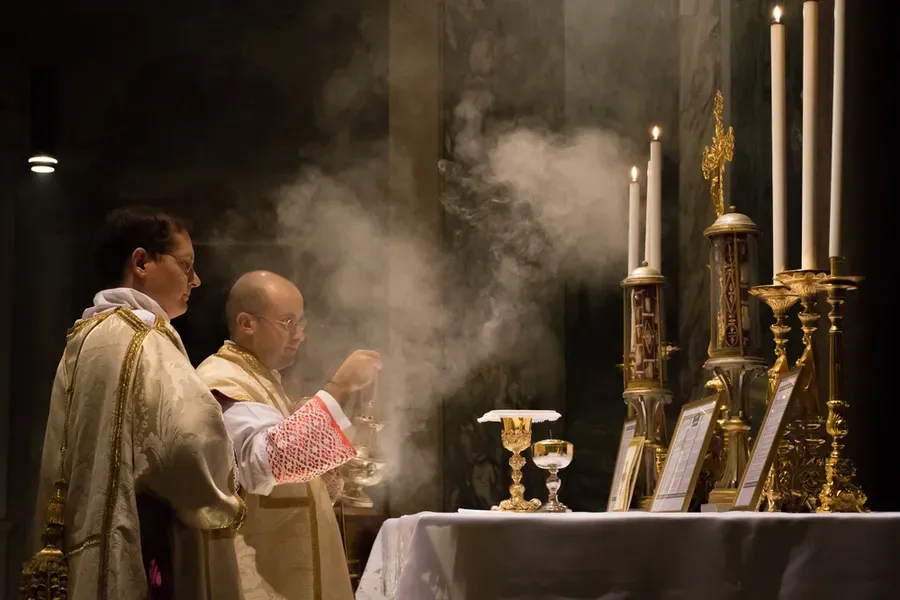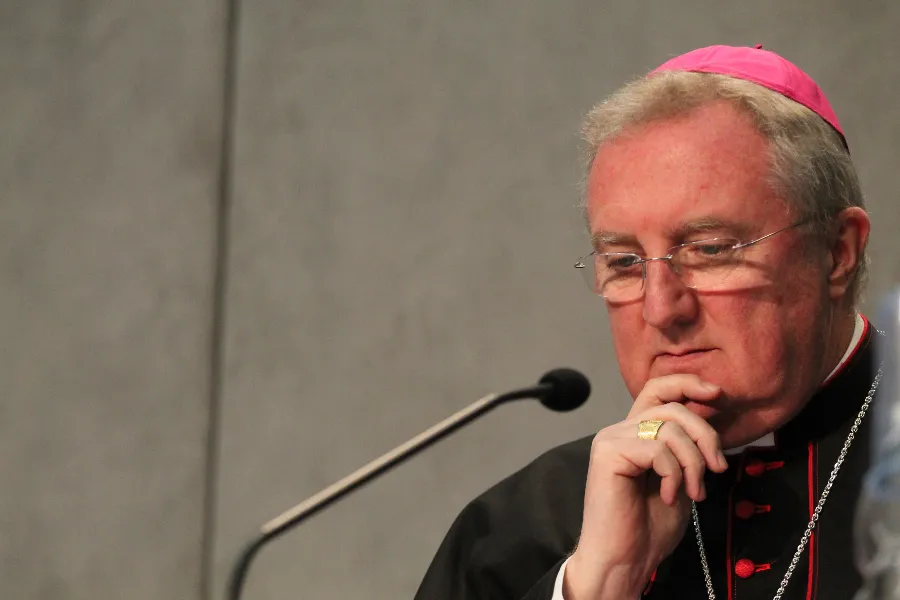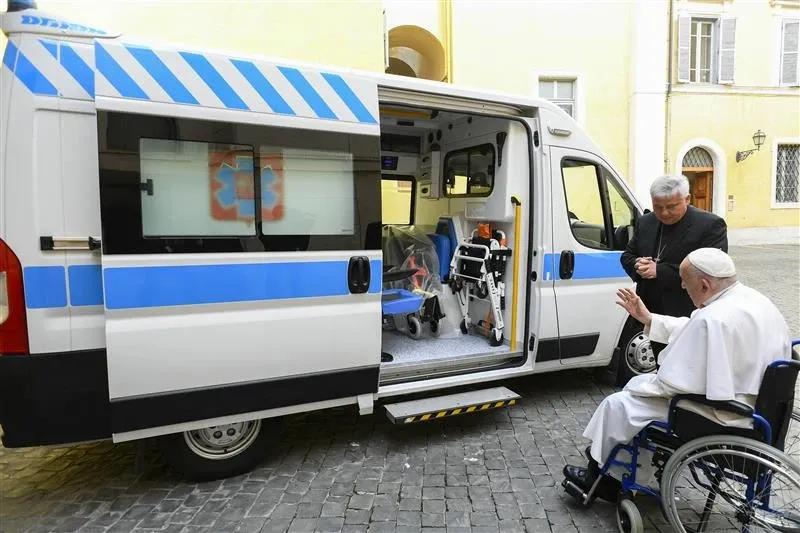“This should take place through an appropriate formation that makes it possible to discover how the reformed liturgy is the witness to an unchanged faith, the expression of a renewed ecclesiology, and the primary source of spirituality for Christian life.”
One of the changes Pope Francis’ motu proprio introduced to the Traditional Latin Mass was the obligation for it to be celebrated only in non-parish churches, oratories, or chapels.
The Vatican said Saturday that bishops can ask the Congregation for Divine Worship for a dispensation from this obligation “if it is established that it is impossible to use another church, oratory or chapel.”
The congregation went on to say that if the dispensation is given for a community to celebrate the Traditional Latin Mass in a parish, “such a celebration should not be included in the parish Mass schedule, since it is attended only by the faithful who are members of the said group” and “it should not be held at the same time as the pastoral activities of the parish community.”
“It is to be understood that when another venue becomes available, this permission will be withdrawn,” the liturgy office said.
(Story continues below)
The note also explained that the reason for the provision that the Traditional Latin Mass not be celebrated in parish churches is “intended to affirm that the celebration of the Eucharist according to the previous rite, being a concession limited to these groups, is not part of the ordinary life of the parish community.”
“There is no intention in these provisions to marginalize the faithful who are rooted in the previous form of celebration: they are only meant to remind them that this is a concession to provide for their good (in view of the common use of the one lex orandi [law of prayer] of the Roman Rite) and not an opportunity to promote the previous rite,” it added.
Another response emphasized that at Traditional Latin Masses, “it possible to use the full text of the Bible for the readings.”
The document noted that “Traditionis custodes states that the readings are to be proclaimed in the vernacular language, using translations of Sacred Scripture for liturgical use, approved by the respective episcopal conferences.”
It added: “No vernacular lectionaries may be published that reproduce the cycle of readings of the previous rite.”
In his letter to the presidents of bishops’ conferences, Roche said that a continuous formation regarded the liturgy is needed for priests and lay Catholics.
“As pastors we must not lend ourselves to sterile polemics, capable only of creating division, in which the ritual itself is often exploited by ideological viewpoints,” he said.
“Rather, we are all called to rediscover the value of the liturgical reform by preserving the truth and beauty of the Rite that it has given us,” he said.
“For this to happen, we are aware that a renewed and continuous liturgical formation is necessary both for priests and for the lay faithful.”
The new guidelines also explained certain regulations for priests who celebrate Traditional Latin Masses and ministers who assist them.
The diocesan bishop must seek the authorization of the Vatican to permit priests ordained after the publication of Traditionis custodes to celebrate the Mass according to the 1962 Roman Missal.
Deacons and other instituted ministries participating in the celebration of the Traditional Latin Mass need to have the permission of their bishop.
The Vatican said it wanted to ensure that priests who wish to celebrate the Traditional Latin Mass “share the desire of the Holy Father” that the Vatican II reform of the liturgy is recognized “as the unique expression of the lex orandi of the Roman Rite.”
Under the new restrictions, the Divine Worship congregation also banned priests who offer the Traditional Latin Mass from “bination,” or celebrating Mass twice on the same day.
It explained that priests granted permission to offer the Traditional Latin Mass may not offer more than one Old Rite Mass each day, or offer both the older Mass and the ordinary form Mass on the same day.
“It is not possible to grant bination on the grounds that there is no ‘just cause’ or ‘pastoral necessity’ as required by canon 905 §2: the right of the faithful to the celebration of the Eucharist is in no way denied, since they are offered the possibility of participating in the Eucharist in its current ritual form,” the document stated.
The congregation also offered guidance for bishops on how to respond to priests who do not accept the validity of the act of concelebration of the Mass — that is, when two or more priests or bishops celebrate Mass together — in particular, priests who refuse to concelebrate the Chrism Mass with their bishop.
According to the Vatican, these priests should have their permission to celebrate the Traditional Latin Mass revoked.
The congregation went on to say that before permission is removed, however, the bishop should “establish a fraternal dialogue” with the priest and “accompany him towards an understanding of the value of concelebration.”
“The explicit refusal not to take part in concelebration, particularly at the Chrism Mass, seems to express a lack of acceptance of the liturgical reform and a lack of ecclesial communion with the bishop,” the note said.
Hannah Brockhaus is Catholic News Agency's senior Rome correspondent. She grew up in Omaha, Nebraska, and has a degree in English from Truman State University in Missouri.









